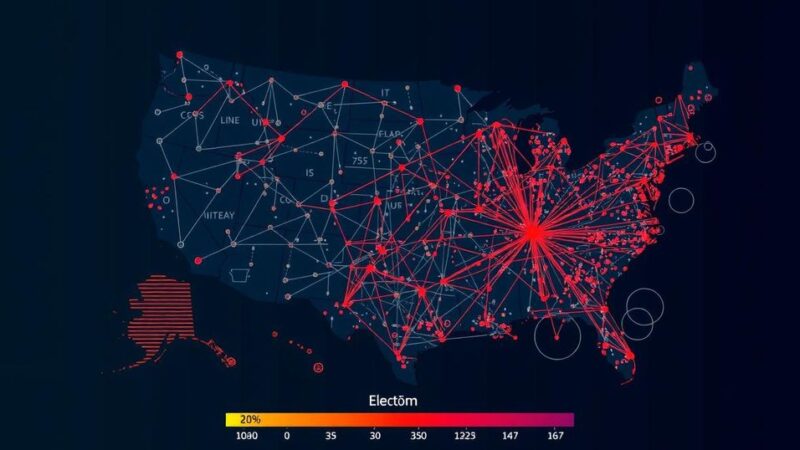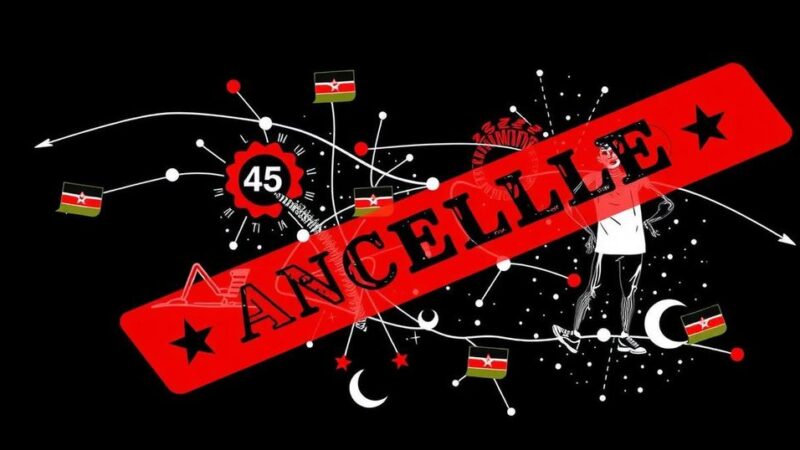Zimbabwean retailers are facing possible store closures due to unfavorable government exchange rate policies. The mandated exchange rate of 14.8 ZiG to $1 is causing retailers to lose competitiveness against informal markets, where the currency trades at a much lower rate. The Retailers Association of Zimbabwe (RAZ) has expressed urgent need for government intervention to avert a crisis in the retail sector.
Top retailers in Zimbabwe, including OK Zimbabwe and Spar, are warning of potential store closures due to the detrimental effects of the current official exchange rate policy. The government has mandated that retailers use an official exchange rate of 14.8 Zimbabwe Gold (ZiG) to $1, which has resulted in severe market distortions. Retailers are facing heightened challenges as the market value of the gold-backed currency has plummeted by almost 80% on the black market, where it is valued at 20 to 26 ZiG to $1. This disparity renders formal retail prices significantly higher than those of informal traders, compelling retailers to consider adopting black market rates simply to remain competitive and viable. The Retailers Association of Zimbabwe (RAZ) has labeled this situation as “untenable” and has called for urgent government intervention to address these pressing economic concerns.
The economic landscape in Zimbabwe has been fraught with instability, particularly regarding its currency management. The government’s imposition of an official exchange rate for the Zimbabwe Gold (ZiG) contrasts sharply with its prevailing black market valuation, creating substantial discontent among retailers. This is not an isolated incident; it marks Zimbabwe’s sixth attempt at currency stabilization since 2008. The ongoing volatility reflects deep-seated issues within the country’s economic policies and the widespread distrust in the government’s ability to manage currency effectively.
In conclusion, the warning signs from Zimbabwe’s retail sector underscore the urgent need for a reevaluation of exchange rate policies. The persistent disparity between official and black market rates is unraveling retailer profit margins and posing an existential threat to formal businesses, which could lead to store closures and broader economic repercussions. Without proactive government measures aimed at reforming currency management and restoring confidence in the economic framework, Zimbabwe may continue to spiral into deeper economic distress that could have far-reaching implications.
Original Source: finimize.com






